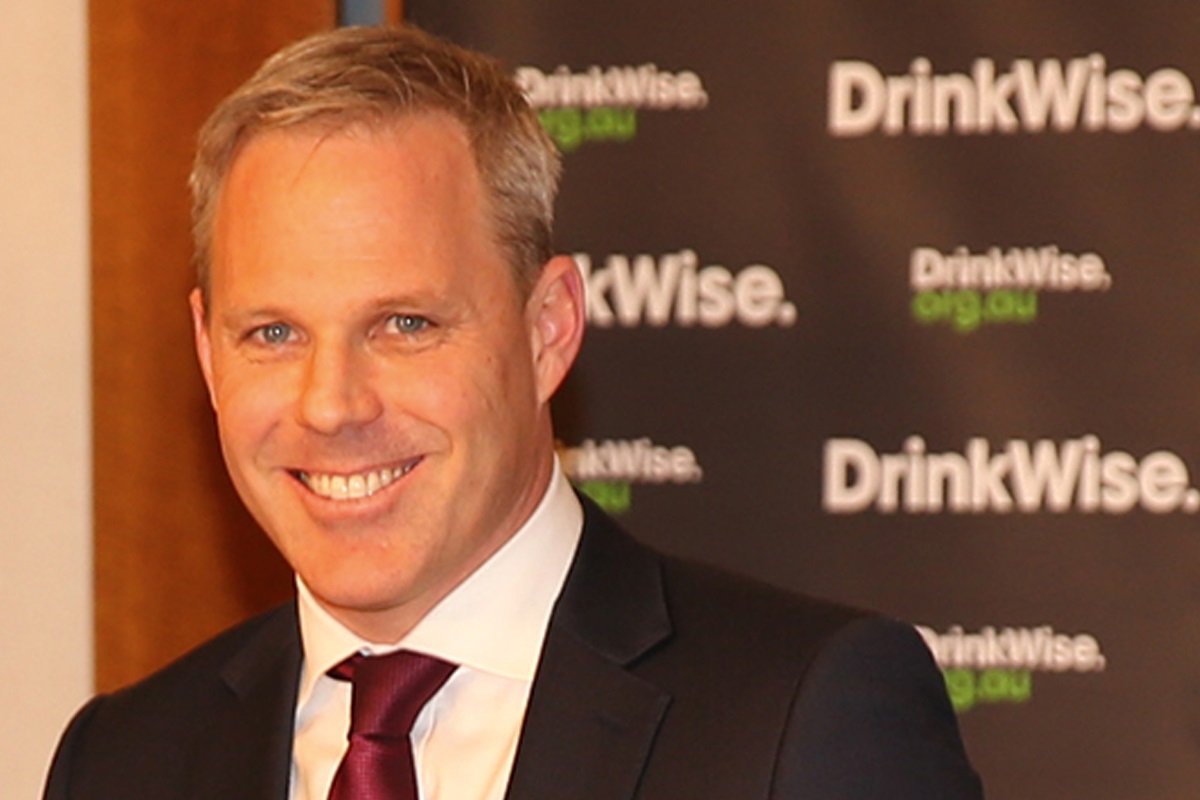In the latest episode of the Liquor Stores Association of Western Australia’s Packaged Podcast, host Peter Kapsanis is joined by Simon Strahan, CEO of DrinkWise, who discusses his organisation’s mission to promote safer and healthier drinking habits across Australia.
Strahan reflects on how Australians’ attitudes towards alcohol have become more considered over the past decade, with declines in daily and underage drinking, and greater awareness around avoiding alcohol during pregnancy and breastfeeding to prevent Fetal Alcohol Spectrum Disorder (FASD).
When asked about how Australia’s drinking habits compare globally, Strahan says the nation is seeing similar positive shifts to countries like the US and Japan. He believes the concept of Australia having a singular “drinking culture” is becoming less relevant, as moderation, lower-alcohol options, and alcohol-free days become normalised.
Discussing the impact of COVID-19, Strahan notes that while alcohol sales rose early in the pandemic, DrinkWise research found most Australians continued drinking within health guidelines. Many began prioritising their mental and physical health, switching to zero or mid-strength drinks or choosing to abstain altogether.
Strahan also spoke about DrinkWise’s partnership with industry, including QR-coded stickers placed on liquor store doors to discreetly connect customers with online support services if they are struggling with their consumption. Retailers had asked for ways to support customers they believed might be buying alcohol in harmful quantities.
While drinking is declining overall among young people, Strahan warns that single-occasion risky drinking remains an issue for the 18–24 age group, especially around events like Schoolies. Recent global data also shows that while risky drinking is decreasing among young men, it has slightly increased among young women, which may relate to mental health challenges. DrinkWise is developing targeted messaging to address this trend.
Finally, Strahan confirms that although past data showed no link between reduced alcohol use and increased illicit drug use, current trends are being monitored closely. He concludes by praising the alcohol industry for supporting harm minimisation efforts, saying that retailers and producers play a crucial role in ensuring consumers make informed decisions about drinking.

